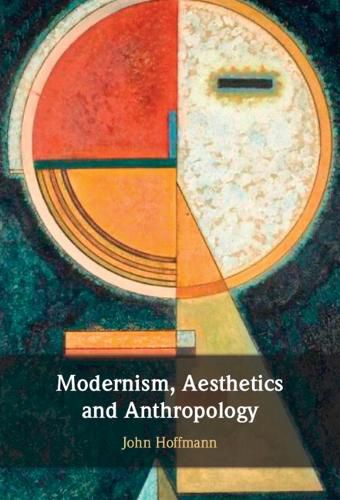Readings Newsletter
Become a Readings Member to make your shopping experience even easier.
Sign in or sign up for free!
You’re not far away from qualifying for FREE standard shipping within Australia
You’ve qualified for FREE standard shipping within Australia
The cart is loading…






John Hoffmann argues that a combination of aesthetics and anthropology allowed modernist writers to challenge social hierarchies they associated with the nineteenth century. He shows how Enlightenment philosophers synthesized the two discourses and how modernists working in the early twentieth century then took up this synthesis to dispute categories of social difference that had been naturalized, and thus legitimized, by pre-evolutionary and Darwinian anthropological theories. The book brings a range of new insights to major topics in modernist studies, revealing neglected continental sources for Irish anti-colonialism, the aesthetic contours of Zionism in the era of Mandatory Palestine, and the influence of German idealism on critiques of racism following World War I. Working over a long historical duree, Hoffmann surveys the ways aesthetics has been used, and misused, to construct and contest social hierarchies grounded in anthropological distinctions.
$9.00 standard shipping within Australia
FREE standard shipping within Australia for orders over $100.00
Express & International shipping calculated at checkout
John Hoffmann argues that a combination of aesthetics and anthropology allowed modernist writers to challenge social hierarchies they associated with the nineteenth century. He shows how Enlightenment philosophers synthesized the two discourses and how modernists working in the early twentieth century then took up this synthesis to dispute categories of social difference that had been naturalized, and thus legitimized, by pre-evolutionary and Darwinian anthropological theories. The book brings a range of new insights to major topics in modernist studies, revealing neglected continental sources for Irish anti-colonialism, the aesthetic contours of Zionism in the era of Mandatory Palestine, and the influence of German idealism on critiques of racism following World War I. Working over a long historical duree, Hoffmann surveys the ways aesthetics has been used, and misused, to construct and contest social hierarchies grounded in anthropological distinctions.